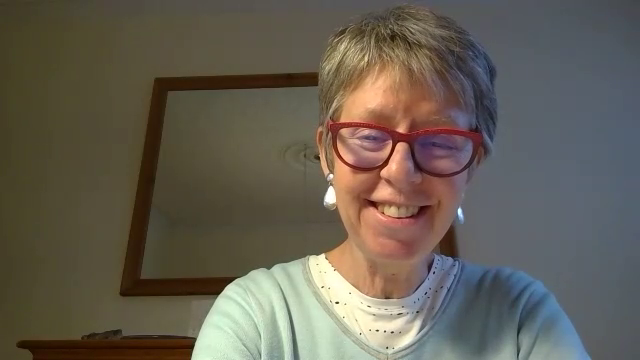Nova Scotia is welcoming 100 Afghan refugees to their new home.

“They fled violence and conflict to find a safe, new life here in our province,” said Premier Tim Houston in a video posted to his Twitter account Wednesday, the day they arrived.
“Our province’s story is filled with people helping each other through times of hardship. That’s the Bluenoser way. Now you are part of that story — the story of how our amazing province continues to evolve and to grow.”
According to a release from Immigration, Refugees and Citizenship Canada, 265 former NATO employees and their families recently touched down at the Halifax Stanfield International Airport. They arrived from another country where they had been staying temporarily after leaving Afghanistan.
About 100 refugees will remain in Halifax while the rest will continue on to other provinces.
Immigration, Refugees and Citizenship spokesperson Alexander Cohen said about 100 other people will go on to St. John’s. The rest will settle down in communities in Ontario, British Columbia, Alberta, and Saskatchewan.
Jill Balser, Nova Scotia’s Minister of Labour, Skills and Immigration said Wednesday that there will be support services on the ground for the province’s new residents.
The Immigrant Services Association of Nova Scotia (ISANS) will provide short- and long-term support, which includes helping them find housing, jobs and improving their language skills.

Get daily National news
The federal government has committed to bringing 40,000 refugees and vulnerable Afghans to Canada following the fall of Afghanistan to the Taliban in August.
According to the federal government, 3,625 refugees have arrived in the country so far under its program for Afghans involved in assisting Canada. And 415 have arrived under its humanitarian program.
‘We’re excited about having them here’
Jennifer Watts, the CEO of ISANS, said while the weather was snowy and cold when they landed Wednesday, the refugees received a warm welcome at the airport.
“We’re excited about having them here, and they were excited,” she said.
“They were very tired, but they were excited to be here, to be settling in our community.”
Watts said over the next few weeks, ISANS will assist the refugees with things like finding housing, enrolling their kids in schools, assessing medical needs, and general life and language skills.

But another big part is to get a better understanding of who they are, what their backgrounds are and what their hopes and desires are for the future.
“Often with refugees from anywhere around the world that we receive, there can be a lot of trauma, so our staff are trained in a trauma-informed approach to our work,” said Watts.
She said ISANS has crisis counsellor teams and people trained in mental health, as well as group sessions for people who may be struggling with trauma and their mental health.
Watts couldn’t comment on where the refugees are currently staying. As Nova Scotia struggles with an ongoing housing crisis, she acknowledged that finding permanent housing could be challenging, though ISANS does have connections within the rental housing community.
“It is a challenge, definitely, and we’ve been very engaged in the affordable housing advocacy on the part of our clients, but also on the part of our larger community,” she said.
“We know this is not just an issue for immigrants and refugees in particular, but it’s an issue for everyone in Nova Scotia, so we all need to be working to really resolve this issue.”
However, she said immigrants and refugees are a big part of the solution to the housing crisis. They may bring the labour skills and job experience needed to help employers meet their needs in the construction and trades sectors.
“We’re in a tight spot, but a big part of that answer is having immigrants come settle here and provide their skills to help us move forward and get out of that tight spot,” said Watts.
She added that refugees and immigrants have much more to offer to the community than labour.
“People are coming here, just like they have through the centuries, to give themselves in all of the many strengths, and experiences, and cultural diversity that they have,” she said.
“And we’re stronger for that.”








Comments